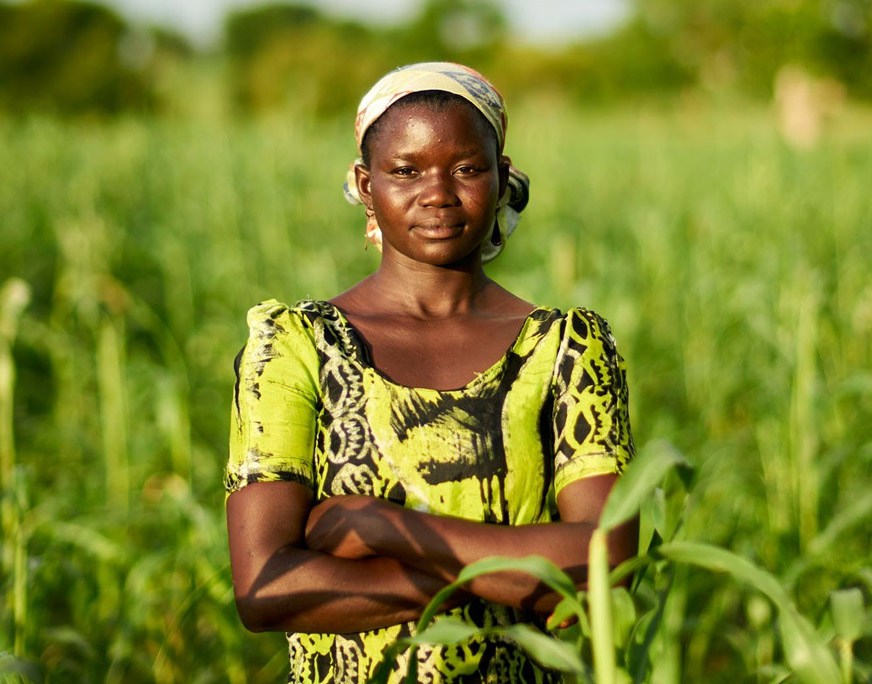The coronavirus pandemic has led to an increase worldwide in inequality for the first time in a century, according to the latest annual report by Oxfam.
Oxfam consulted 295 economists in 79 countries worldwide, including Belgium, and came to the conclusion that while the 1,000 richest people in the world can expect to make good their losses in the next nine months, for the world’s poorest, the negative effects of the pandemic will be felt for the next ten years.
The very richest, in fact, have no losses to speak of: their wealth in fact increased between March and December 2020 by $3.9 billion (€3.2bn). That, the charity points out in passing, would be sufficient to give a vaccine to every man woman and child on the planet, and ensure that no-one was forced into poverty by the virus.
As things are, the number of those at the other end of the income scale now living with the effects of poverty has increased by between 200 and 500 million.
The economic situation in the world at the beginning of 2020 was serious enough, Oxfam said, with the world in the worst recession since the Great Depression a century earlier. The pandemic only made matters worse.
Women suffered the most. Not only are women always among the most disadvantaged on every level, they also make up 70% of the sectors hardest-hit by the pandemic – health and social care. In the first month of the crisis alone, women in the most vulnerable situations saw their income go down by 60%, in areas where the state has no support provision.
In Belgium, meanwhile, the mortality rate for men aged 40-65 in the ten lowest income groups was up to five times higher than for their counterparts in the highest 10% of earners.
One contributing factor is that the lowest-paid workers were often denied the opportunity to work from home, and were more likely to expose themselves to the virus as a result. In the EU, only 3% of the lowest-paid could work from home, while 74% of the highest paid workers could.
Alan Hope
The Brussels Times

